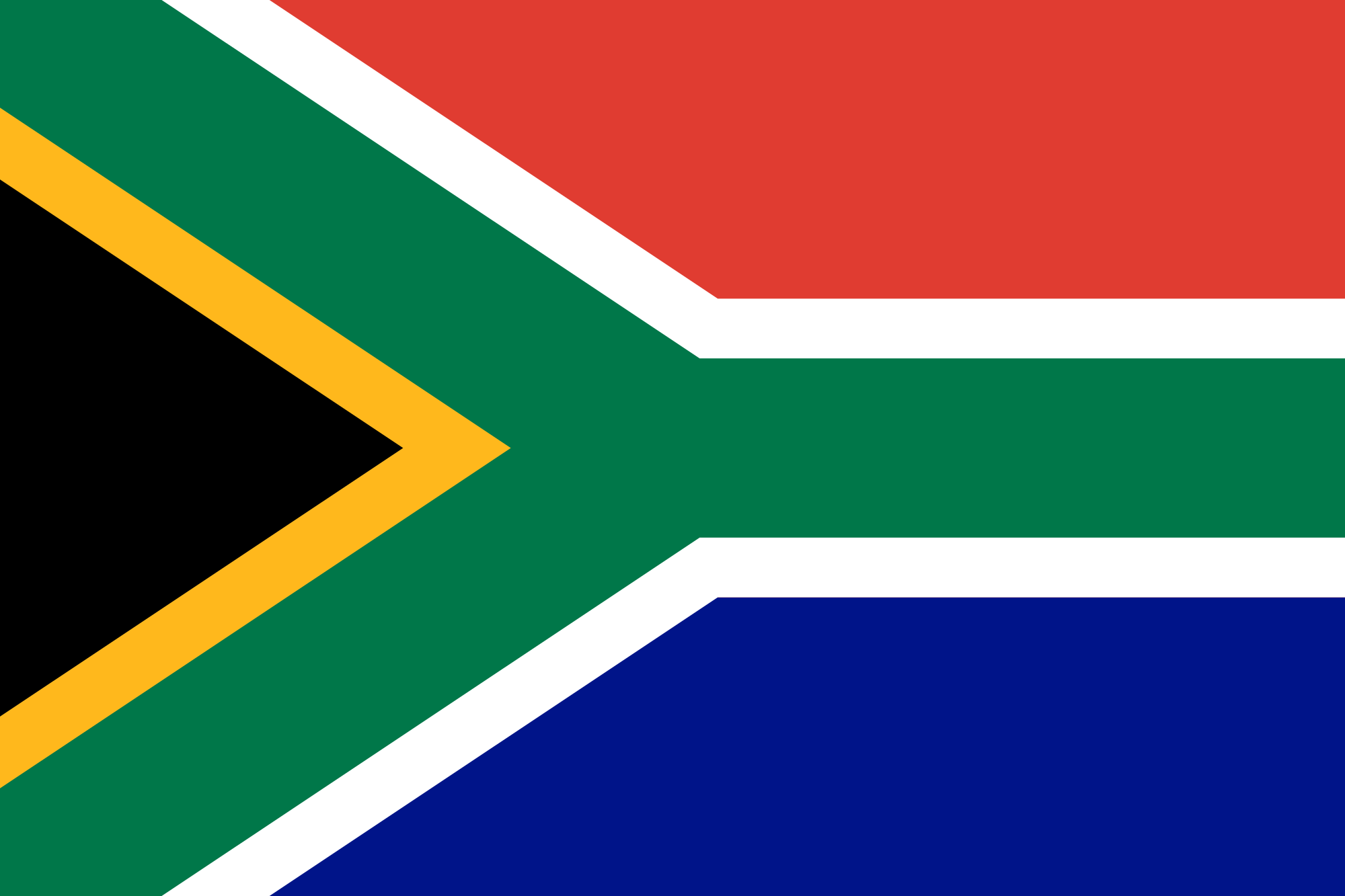Striking a balance between health and the economy

Through the various stages of the lockdown we’ve been through over the past two months, the period that starts on June 1 is the most the crucial as we begin to strike a balance between the health of South Africans and the economy. Up until this point, it’s all been about theory, but with the return of about eight million workers, the bulk of the economy begins to function again.
We are going back to work while Covid-19 infections continue rising and, alarmingly, have been accelerating since the end of the hard lockdown. We acknowledge the difficulty of trying to open the economy, which is a complex system that cannot be restarted at the flip of a switch. There are many interdependencies and the interconnectedness of various sectors is illuminated with every decision. A simple example is the fact that vehicles are being manufactured during level four but licensing offices and testing stations are opening only this coming Monday.
There’s also the matter of cohesion between different geographies in the country, which are going through different phases in their battle against Covid-19. The case in point is that the Western Cape and Cape Town are at the centre of the storm. It will be difficult for the second-biggest economic contributor to the country’s GDP to be fully operational. This has ramifications for attempts to begin the long road back for an economy that is projected to contract by double-digit figures this year.
The best way to navigate through this period is for a good working relationship and, dare I say, trust, between government and business. Both share an interest in protecting employees. We call on government to consult us about regulations and as to when the state is considering increasing the alert level on a particular geography. Transparency is important. For planning purposes and to ensure everyone is on the same page, clear details are needed as to what would feed into any decision to move a town or city to level two and what would cause it to move back to level four or five.
This is essential as the health department warned us this week that if the spread of the infection is not contained, the state will unilaterally decide whether to return a specific area to a higher level of lockdown. A process that “will be done rapidly and in an effort to contain and manage the spread, and also to ensure that our health facilities are not overwhelmed by the rapid rise of positive cases in that area”.
While we don’t question this action, business needs to plan for such contingencies, thus it needs full details on what the triggers are for returning to levels four or five – and indeed, to move to levels two and one. That will develop trust between business and government which, we believe, so far put in a gallant effort to save the country from the worst of the ravages of this pandemic.
There has been frustration caused by the inconsistency of some regulations, especially because few details have been provided as to how these decisions are arrived at. These Chinese walls aren’t necessary: we are in this together. As we head into our winter, a period when the virus spreads faster, we urge that a committee of experts be set up to look at both the health side and the economic side to advise on decisions.
As business’s commitment to our common cause of keeping South Africans and our workers safe, businesses that can afford to pay for screening and testing should do so. If firms are able to make arrangements for private transport and shuttles for employees, we encourage them to do so.
As business we tend to make demands of government but we should also put down what we can bring to the table. This includes robust testing regimes, providing private transport for employees and building additional quarantine facilities for employees as well as field hospitals to the extent that those are required.
We should enforce business adherence to health and safety regulations. The issue of firms that are able to pay their rent and their suppliers but are taking advantage of the situation and not paying should be addressed. We all need to pull together at this time and not take advantage.
I know that during the course of this pandemic we’ve called for leadership. Despite some frustrations over some of seemingly arbitrary regulations around winter clothing, for example, government and in particular the health ministry have led a response that has been heralded by the United Nations. But as soon as June 1 comes, it’s a leadership that has to be shared among business, civic society and other spheres of the country.
As President Cyril Ramaphosa quoted former president Nelson Mandela this past Sunday: “It is now in your hands.” As business welcomes the opening of the economy from June 1, we must do so understanding the responsibility of navigating us through the September Covid-19 peak.

